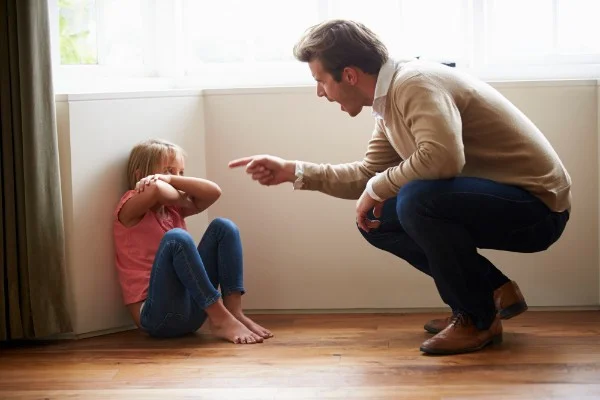Children With Autism More Likely to be Victims of Abuse

According to a recent study, more than one in fouryouth with autism admitted to a hospital for psychiatric care had a history of abuse. The children in the study ranged in age from 4 to 20. Half of the children spoke few or no words, and 40% had an intellectual disability. Most of the children had challenging behaviors such as aggression and self-injury.
The high rate of abuse among autistic children was not surprising to researchers given earlier studies that found that autistic children had a higher rate of being abused or neglected than typical children. A study from 2000 found that 9% of neurotypical children were the victims of abuse, while 31% of children with disabilities had been abused and neglected. It is believed that the rate of abuse could be even higher given the communication issues many youths with autism experience.
Psychological Trauma
This rate of abuse can lead to psychological trauma such as post-traumatic stress disorder (PTSD) in children with autism. PTSD in children with autism can be particularly difficult to detect because the symptoms tend to be masked by the symptoms of autism. The study found that those children who had been abused were more likely to experience intrusive thoughts, loss of interest in activities, bad memories, and irritability. Only 7% of the abused children in the study received an official PTSD diagnosis. This low rate may be the result of mental health professionals being unable to distinguish the symptoms of PTSD from the autism symptoms.
Prevention and Identification
Children with autism can sometimes have challenging behaviors, such as physical aggression, that may be difficult for caregivers to deal with. This can lead to abusive behaviors on the part of caregivers. Better education and support for the parents and caregivers of children with autism may be helpful in preventing some of the abuse.
In addition, it’s important for doctors and other professionals to recognize when a child with autism has been the victim of abuse. The signs may not be the same as they are with neurotypical children. Professionals should familiarize themselves with the behavioral manifestations of abuse experienced by children with autism. This can lead to the removal of children from abusive situations and caregivers.
If you or a loved one has a mental disability and has been arrested or convicted of a crime, you need an experienced criminal defense attorney on your side. Elizabeth Kelley specializes in representing individuals with mental disabilities. To schedule a consultation call (509) 991-7058.


